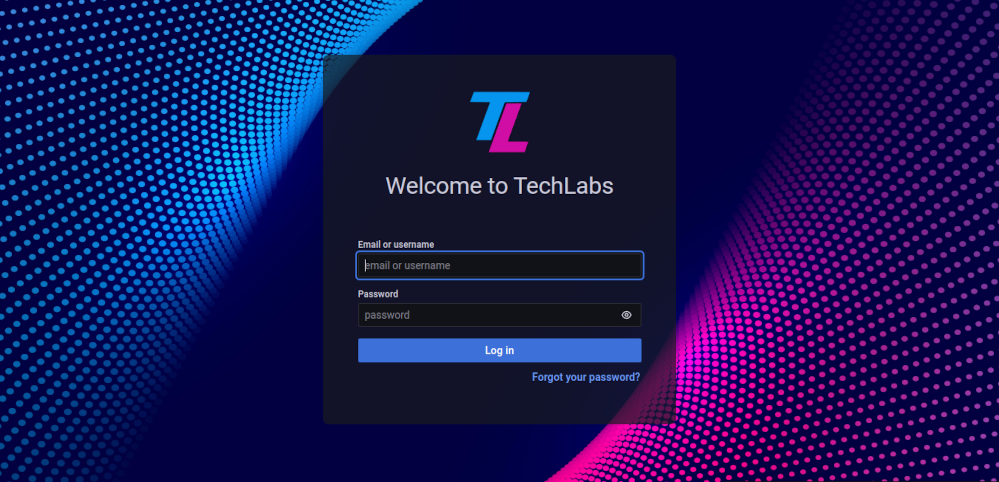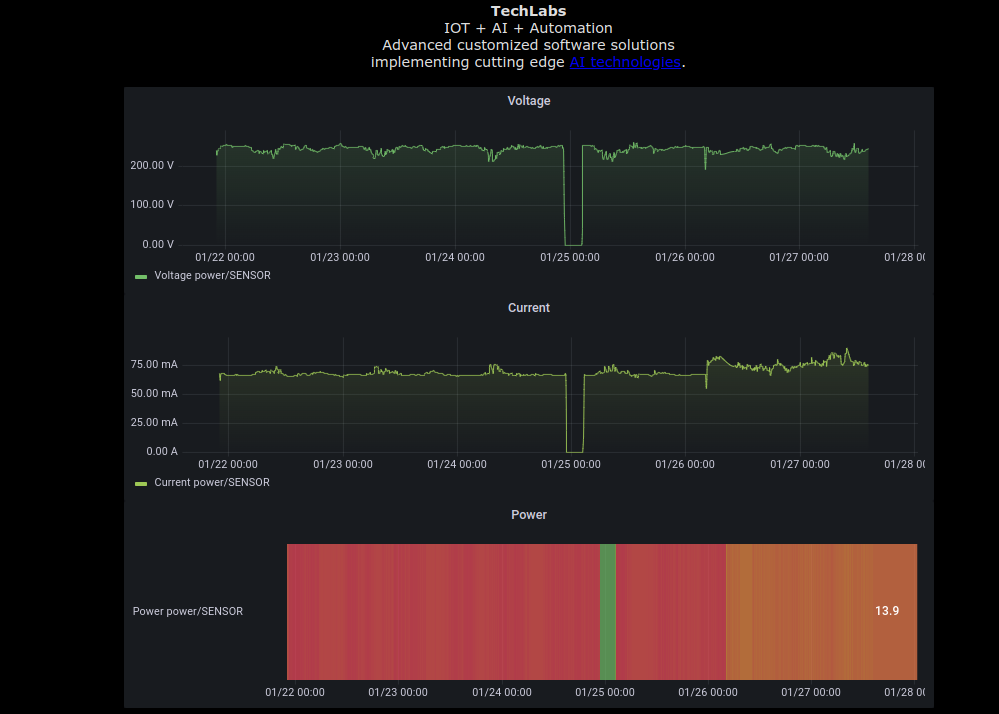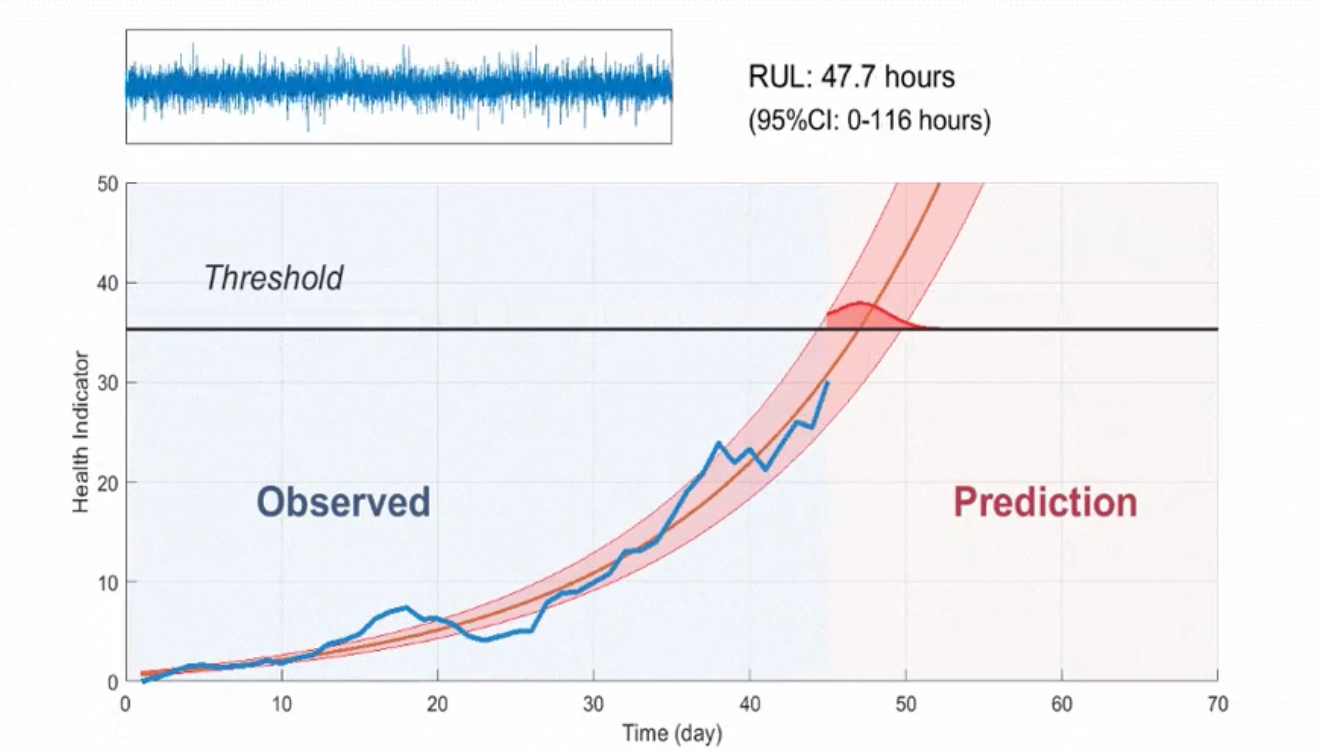IOT + AI + Automation
Advanced customized software solutions
implementing cutting edge AI technologies.
The Artificial Intelligence of Things (AIoT) is the combination of Artificial intelligence (AI) technologies with the Internet of things (IoT) infrastructure to achieve more efficient IoT operations, improve human-machine interactions and enhance data management and analytics.
Introducing TechLabs Panels, the real-time AI predictive analytics, preventive maintenance dashboards for IIoT.

The KPMG analysts describe a scenario in detail where a community of things would see each device also contain its own AI that could link autonomously to other AIs to, together, perform tasks intelligently. Value creation would be controlled and executed in real-time using swarm intelligence. Many industries could be transformed with the application of swarm intelligence, including: automotive, cloud, medical, military, research, and technology. TechLabs AI Analytics panels for IIoT has created a paradigm shift in how the industry uses analytics and machine learning techniques to improve workflow and make better real-time decisions in the market.

In the AIoT an important facet is AI being done on some Thing. In its purest form this involves performing the AI on the device, i.e. at the edge or Edge Computing, with no need for external connections. There is no need for an Internet in AIoT, it is an evolution of the concept of the IoT and that is where the comparison ends.
The combined power of AI and IoT, promises to unlock unrealized customer value in a broad swath of industry verticals such as edge analytics, autonomous vehicles, personalized fitness, remote healthcare, precision agriculture, smart retail, predictive maintenance, and industrial automation.

Technology and AI have combined to provide opportunities for better management of healthcare information and technology integration in the medical industry. AI is implemented to recognize abnormalities and suspicion to sensitive data being accessed by a third-party. On the other hand, it will be necessary to rethink confidentiality and other core medical ethics principles in order to implement deep learning systems, since we cannot rely solely on technology.
When integrating AI into cloud engineering, it can help multiple professional fields in maximizing data collection. It can improve performance and efficiency through digital management.
Cloud engineering follows engineering methods to apply to cloud computing and focuses on technological cloud services.In conceiving, developing, operating, and maintaining cloud computing systems, it adopts a systematic approach to commercialization, standardization, and governance. Among its diverse aspects are contributions from development engineering, software engineering, web development, performance engineering, security engineering, platform engineering, risk engineering, and quality engineering.
Implementing AI into information technology's framework to establish smooth workloads and automate repetitive processes.Using these tools, organizations can better manage data as they develop greater amounts of collective data and integrate data recognition, classification, and management processes as time progresses.
With AI, it can bring efficiency to organizations, bringing strategic methods and saving time from repeated tasks. By executing analysis, organizations can save time and be more efficient.